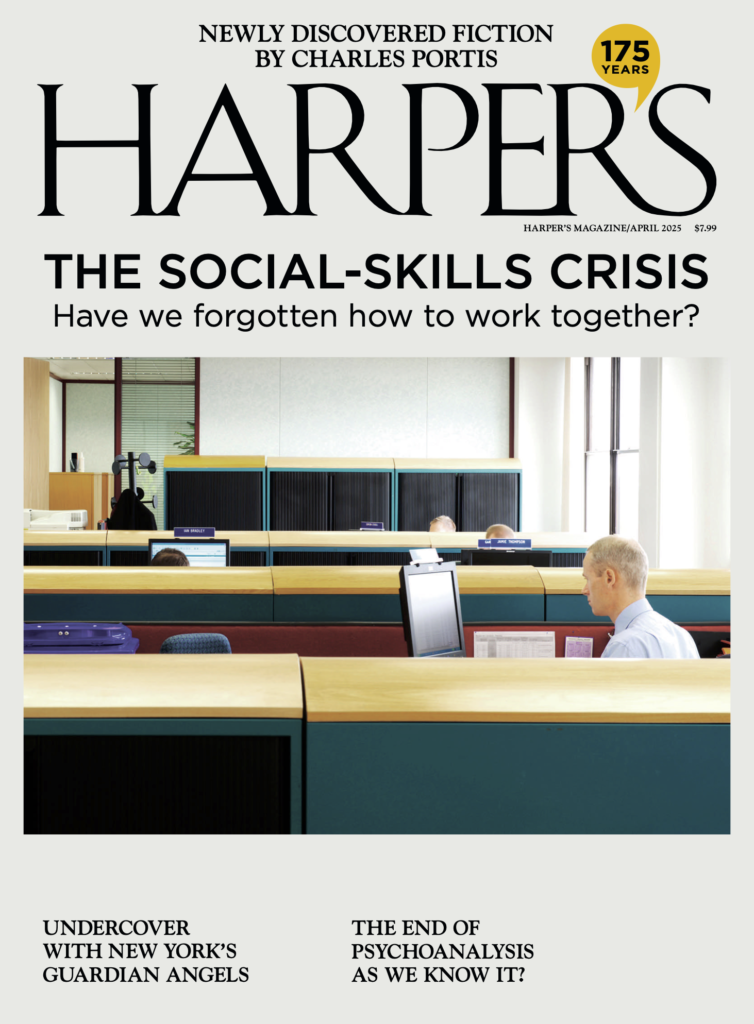“For some psychoanalysts, violating tradition can be a declaration of war.”
When I read those words in the April issue of Harper’s, I nearly laughed—because it’s so painfully true. For years, I’ve sat in rooms where psychoanalytic theory is treated more like scripture than a living, breathing discipline. As a practicing therapist and social worker in New York, I’ve seen firsthand how psychoanalysis, if it refuses to evolve, risks becoming a relic—precise, elegant, but out of touch.
Maggie Doherty’s article on the “social turn” in psychoanalysis puts language to a split that’s quietly but profoundly reshaping our field. On one side are those clinging to the ideal of objectivity, to the notion of a universal human subject who can be understood independent of culture, race, class, or gender. On the other are those of us who recognize that norms are not neutral—they’re constructed, enforced, and often oppressive. To ignore that is to ignore the very forces shaping our patients’ psychic lives.
The social turn isn’t a fad. It’s not about political correctness or identity politics infiltrating the sacred halls of analysis. It’s a recognition that psychoanalysis—if it wants to remain relevant—must learn to listen better. And not just to the patient on the couch, but to the cultural realities that shape their inner world.
Freud once described psychoanalysis as the “talking cure.” But who gets to talk? Who gets heard? And what gets interpreted as pathology? These are questions the new generation of clinicians is asking—not to burn down the field, but to widen its scope.
In my own work, I’ve sat with clients navigating not only childhood trauma, but also systemic racism, transphobia, immigration stress, and poverty. These aren’t side notes—they’re central to the clinical material. To treat these realities as “external” to the analytic frame is to miss the forest for the trees.
Psychoanalysis must make peace with the fact that its traditional frameworks were not built with everyone in mind. That’s not a reason to abandon the project—it’s a call to deepen it. To revisit our tools, question our assumptions, and expand our understanding of what the human psyche actually is.
The truth is, we don’t need less psychoanalysis—we need better psychoanalysis. More socially aware. More pluralistic. More willing to sit with discomfort. The social turn may be controversial, but in my view, it’s not a threat to the field. It’s a chance to save it.
Max E. Guttman is the owner of Mindful Living LCSW, PLLC, a private mental health practice in Yonkers, New York.
- Max E. Guttman
- Max E. Guttman









2 thoughts on “Psychoanalysis in the Age of the Social Turn: A Therapist’s View from the Front Lines”
I was recommended this website by my cousin I am not sure whether this post is written by him as nobody else know such detailed about my trouble You are amazing Thanks
you’re welcome!!